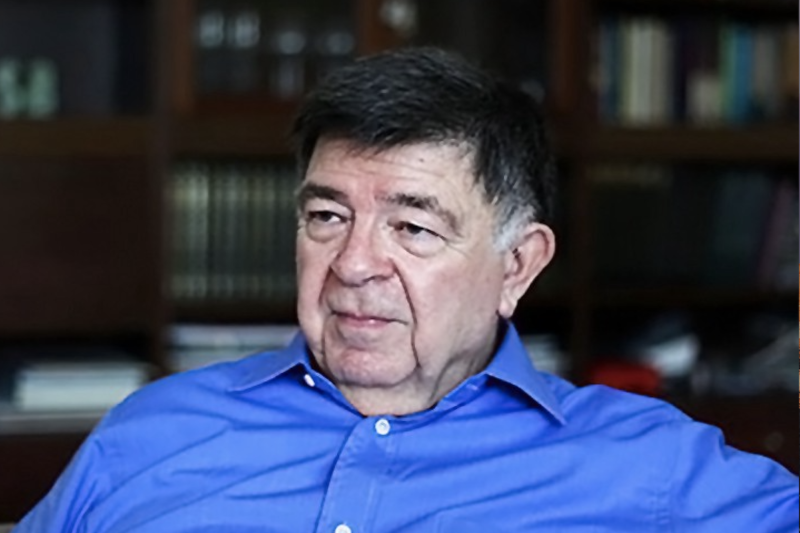Özcan Keser, who has been behind bars for almost 42 months, believes that his and colleagues’ voices have not been heard to a great extent and criticizes mainstream journalist and human rights organizations, which he claims focus mainly on prominent figures and media cases in Turkey.
Keser, the former news editor at the state-owned TRT television station, says he has sent several letters to such organizations asking what he should do in order to be treated as a journalist in prison.
The main reason for his letters is that purged and jailed former employees of state-owned media outlets are largely ignored by journalist organizations and the media.

Keser, married with two children, was away from İstanbul on vacation when he learned that a detention warrant had been issued for him, in August 2016. He immediately returned to İstanbul and turned himself in to the police.
His lawyer was not allowed to be present during his interrogation at the police department, although a lawyer from the İstanbul Bar Association was in attendance. He was asked how he met his wife, which schools he graduated from and at which banks he had accounts. Without seeing a prosecutor, he was compelled to appear before a presiding judge on August 18, 2016. The court ruled for his arrest, claiming that he posed a flight risk despite the fact that he voluntarily surrendered to authorities.
He was unable to access any information about his legal proceedings for almost 12 months thanks to a state of emergency declared immediately after a controversial coup attempt in Turkey on July 15, 2016.

During his imprisonment, Keser has applied to the Council of State and the OHAL Commission, a body set up by the Turkish government to look into complaints from individuals who were adversely affected by government decrees during the state of emergency, but his applications were rejected. Turkey’s Constitutional Court and the European Court of Human Rights, two other organizations to which he applied, took no steps to end his wrongful imprisonment.
Seventeen months after his arrest, Keser was sentenced to nine years in prison, on December 14, 2017. He was unable to attend most of the hearings and could only defend himself through the the IT Voice and Image System (SEGBİS). He was convicted of membership in an armed terrorist organization, in reference to FETÖ, a derogatory term coined by the Justice and Development Party (AKP) government to refer to members of the faith-based Gülen movement. His bank account, which was opened in 1999, his professional telephone calls dating from 2006 and his employment at the now-closed Cihan news agency eight years ago were presented in the verdict as if they constituted criminal evidence.
Moreover, Keser was accused of downloading the ByLock smartphone app, essentially the same kind of application as WhatsApp, Skype, Signal and Blackberry Messenger, considered evidence of links to the Gülen movement. The indictment claimed he used the app on August 12 and 18, 2014; however, the alleged date of its download was after these dates. He requested that an expert examine his mobile phone, but the court refused to allow it.
Keser was accused of depositing money in the now-closed Bank Asya, which was affiliated with the Gülen movement. When the prosecutor found nothing in his banking transactions, those of his father and brother were included in the indictment.
Keser is currently being held in Tarsus Prison, a 14-hour drive from his family, who have to travel hundreds of kilometers each week to visit him. He was denied the opportunity to take the university entrance exam, a legal right enjoyed by all prisoners in Turkey.
Dozens of journalists were arrested over Gülen links following the abortive putsch. Turkey was ranked 157th among 180 countries in the 2018 World Press Freedom Index released in April by Reporters Without Borders (RSF).
The most recent figures documented by SCF show that 183 journalists and media workers were in jail as of July 18, 2019. Of those in prison 85 were under arrest pending trial, while 98 journalists have been convicted and are serving their time. Detention warrants are outstanding for at least167 journalists who are living in exile or remain at large in Turkey.















